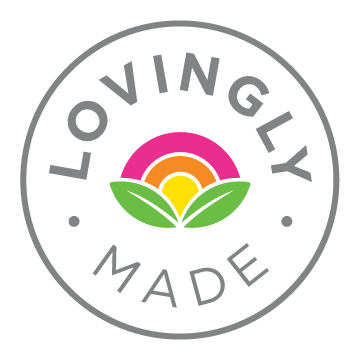In 2022, pea and faba bean production in Canada removed nearly 2 MT (2000 kg) of carbon dioxide from the air.
Sustainability is an ongoing journey. Lovingly Made’s passion for pulses results in environment-first processes. Pulses have a balanced relationship with the environment, including lower input requirements, nitrogen fixation abilities and potential for zero waste.
Lovingly Made will continuously assess and improve our practices based on the latest research and advancements in sustainability. We’ll invest in research and development to create innovative products and processes that have a reduced environmental impact.
The future is Faba!
Power to the
Pea!
Sustainable Versatility
Whether you're formulating plant-based meats, dairy alternatives, or nutritional supplements, Lovingly Made Ingredients provides versatile plant protein ingredients that are sustainably sourced.
Eco-Concious Formulas
Elevate every formula from ordinary to extraordinary with Lovingly Made Ingredients. Regardless of how you are exploring new formula horizons our ingredients will enhance your products and satisfy your customers.
Vertical Impact
From seed to serving, we're committed to delivering the highest quality, sustainably sourced plant protein ingredients that empower our partners to create exceptional products while nurturing the planet.
Pulse Growth & Production
A major secondary effect of the increase in consumption of pulses is the decrease of consumption of other food ingredients that require more inputs (e.g. water) during production and processing.
Pulses require lower inputs compared to other protein sources. They need less water and fertilizer to grow and produce fewer greenhouse gas emissions.
Pulses contribute to the rehabilitation of our environment through their unique ability to fix nitrogen from the air into the soil through a symbiotic relationship with nitrogen-fixing bacteria reducing the need for synthetic nitrogen fertilizers, which can have detrimental environmental effects. Including pulses in crop rotation systems can improve soil health and reduce the risk of pest and disease infestations.
According to Global Institute for Food Security, Saskatchewan has achieved significant success in the sustainable production of food and a leader for agriculture and food production.
Many Saskatchewan producers, including Lovingly Made practice the principles of regenerative agriculture. Farming practices such as zero tillage, robust crop rotation, covering the land, and integrating livestock have transformed the province’s crop production sector (which contributes $26.3B to Canada’s GDP) from being a greenhouse gas (GHG) emitter to being a net carbon sink.
The Global Weighted Average for lentils is 596 Kgs of CO2eq per tonne of production. Saskatchewan is 130% lower than the GWA for lentils at -177 Kgs of CO2eq per tonne of production. The GWA for peas is 965 Kgs of CO2eq per tonne of production. Saskatchewan is 96% lower than the GWA for peas at 40 Kgs of CO2eq per tonne of production.
Data source: www.gifs.ca/sustainableag
This is Saskatchewan Farming at its best.
Protein Extraction
Lovingly Made’s primary method of protein extraction is air classification. Air Classification is a unique method that extracts protein and can be used in pulses. Why is air classification a sustainable process?
Air classification doesn’t require the use of solvents or chemicals in the extraction process generating no chemical waste and minimizes the risk of environmental contamination associated with traditional extraction methods that rely on chemicals. Air classification typically consumes less energy and water compared to other protein extraction methods. Unlike some protein extraction methods that use large quantities of water, air classification typically uses minimal water or is water-free, contributing to water conservation efforts.

